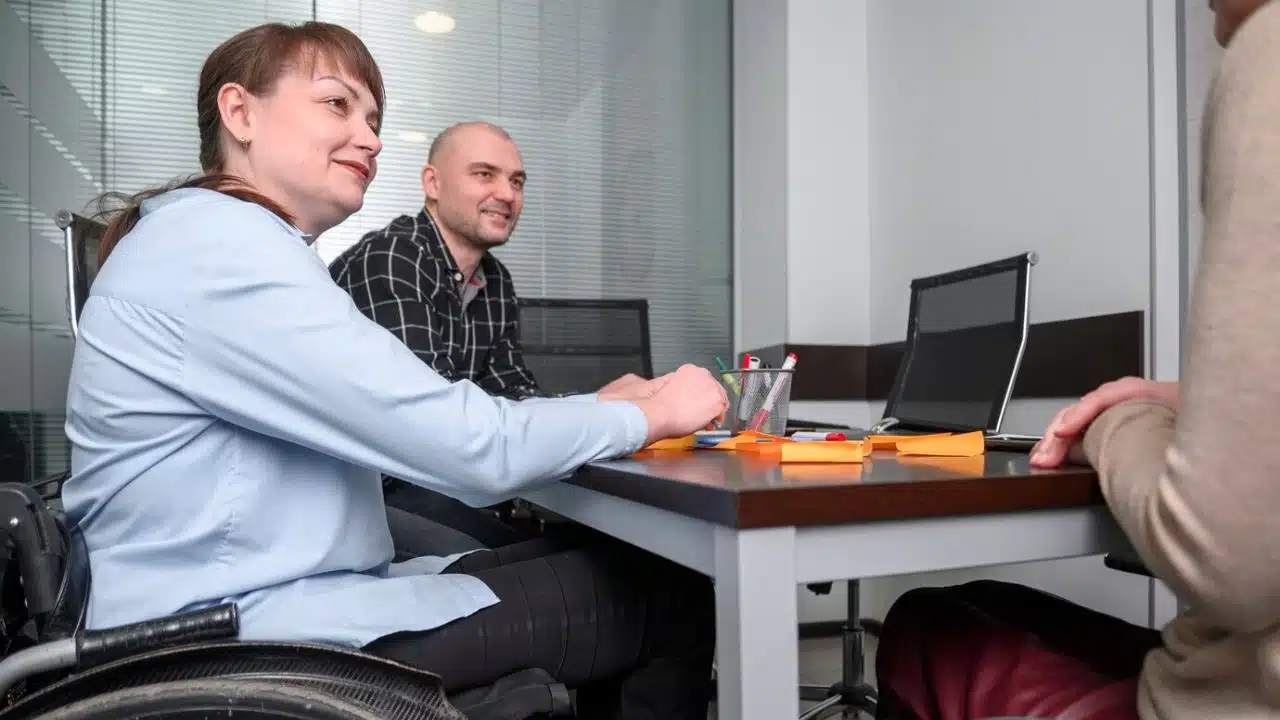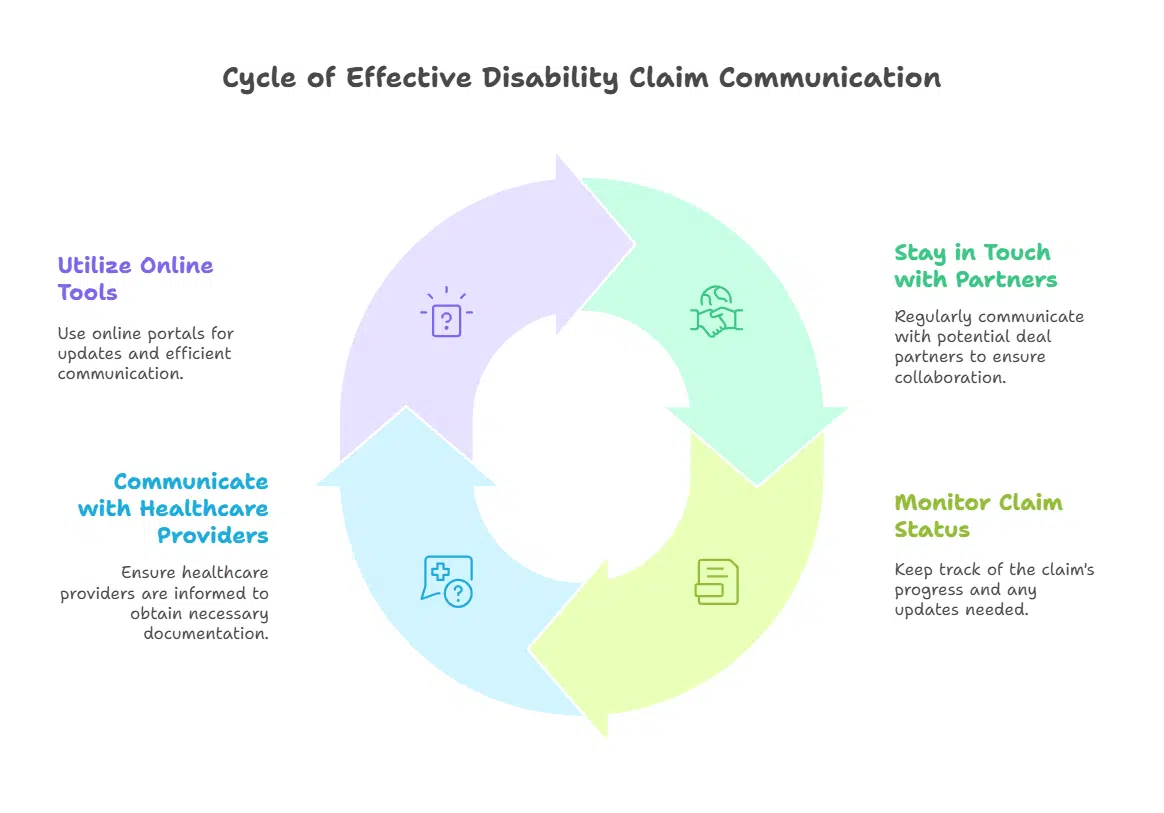Many people in Pittsburgh feel overwhelmed when navigating the disability claims process. From complicated paperwork to strict eligibility requirements, it can seem like an uphill battle. Whether you’re dealing with physical limitations, mental health challenges, or both, understanding the proper steps to take can improve your chances of success. Knowing how to prepare your claim, avoid common mistakes, and provide the necessary documentation is crucial.
If you’re struggling with a disability claim in Pittsburgh, getting the proper support can make all the difference. The good news is that there are proven strategies to help you move forward. In this guide, we’ll explore key tips to simplify the process and increase your chances of approval. Keep reading to learn more.
Understanding the Process
Having a good grasp of the disability claim and personal injury lawsuit process is the key to winning. Knowledge of required documentation, timelines, and unique criteria for the country can help avoid unwanted delays. Claims are not always one-off scenarios. There is an application, potentially a denial, and perhaps more than one appeal. All the phases require precision and strict adherence to guidelines.
Well, documentation is one of the most essential parts of this journey. Accumulate as many medical documents, doctors’ statements, and other relevant information to solidify a claim. Having all types completed properly and fully increases the chances of being accepted.
Hiring Help
If you are dealing with a disability claim and need help, having a professional can save you at some point. Legal experts who specialize in disability law have the expertise to deal with the complexities of the law. They can guide you to enhance your application and represent the claimants at hearings or appeal stages.
In addition, advocacy groups focused on helping people with disabilities can provide help. Such organizations typically offer resources, advice, and sometimes legal representation to help claimants pursue their cases.
Appealing a Denied Claim
Disability claim denial types are usually seen in the initial claim process. If you are dealing with denial, it is essential to realize that this is not the end. An appeal is a way to get another shot at obtaining the benefits.
Reviewing the denial letter closely is part of preparing a strong appeal. Be specific about the reasons for denial, then compile more evidence to counteract those reasons. Updated medical documentation or additional physician statements may be part of this process. The more complete an appeal, the more likely a favorable ruling is to follow.
Maintaining Communication
In keeping with how it is always helpful to stay in touch with your potential deal partners during a disability claim, Staying on top of the claim status and communicating when information is requested is critical to staying on schedule. Keeping in contact with the health care providers keeps them up to date on the case so they can then get the required documentation when needed.
Disability offices usually have online portals or memorable phone lines that help to eliminate most communication early on. These tools give updates and an effortless sense of significant information with less delay.
Managing Expectations
At least, knowing that the process could be long and cumbersome can adequately prepare them for the road ahead to getting their disability claim approved. Most claims take time, and having to be patient is very typical. Knowing this is true makes expectations workable and lowers frustration!
It can also be helpful to look for other ways to get support while you wait for a decision. Others might be eligible for short-term aid programs or community services that offer help for this transition time.
Staying Informed
Being aware of changes in disability laws and policies ensures that people know about their rights and choices. Laws and guidelines can then change, which impacts who is now eligible and the benefits that are available to them. Updating changes allows claimants to adjust their strategies and make up their minds with proper information.
Visiting trustworthy web pages, subscribing to newsletters, or participating in online spaces focusing on disability rights can also keep you informed. These resources allow us to incorporate more powerful awareness and more significant advocacy potential into our efforts.
Self-care and Empathy
The stress of a disability claim can wear on you mentally and emotionally. This is where self-care and emotional support become vital; they play a crucial role in this journey! Finding support groups or counseling services will help them navigate the road ahead and reclaim autonomy to live out their potential.
Conclusion
While fighting through a disability claim may seem daunting, knowing how to succeed may help with success. Here are some strategies: Be aware of the process, get professional help, and communicate with each other well. People can do it right and figure this journey out through the challenge of this process as lifetime things addressing accurate information, preparing and keeping on the actual expectations of the things, and self-care practice as a priority issue.







































